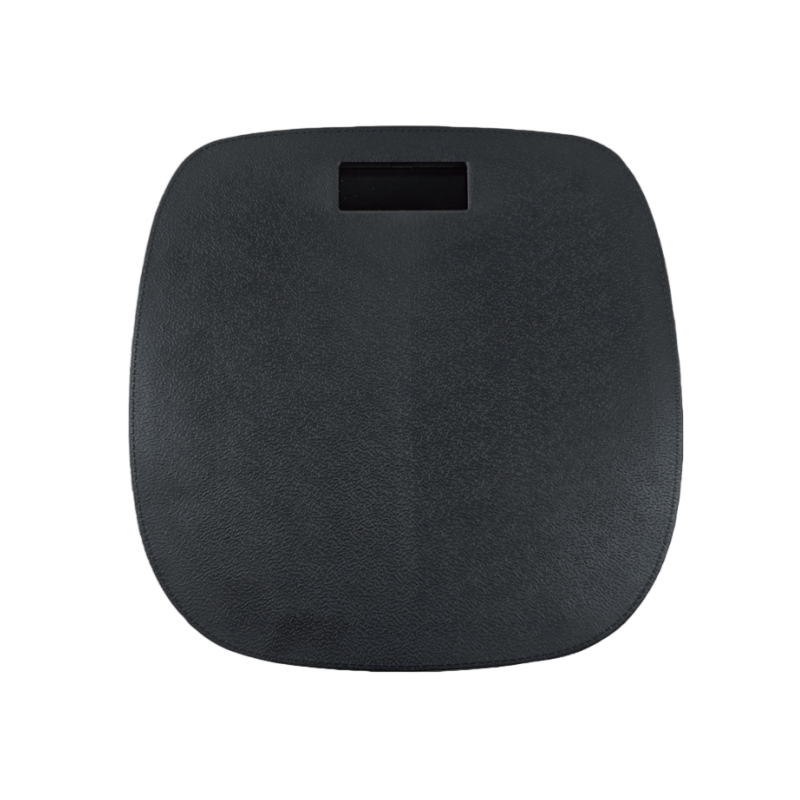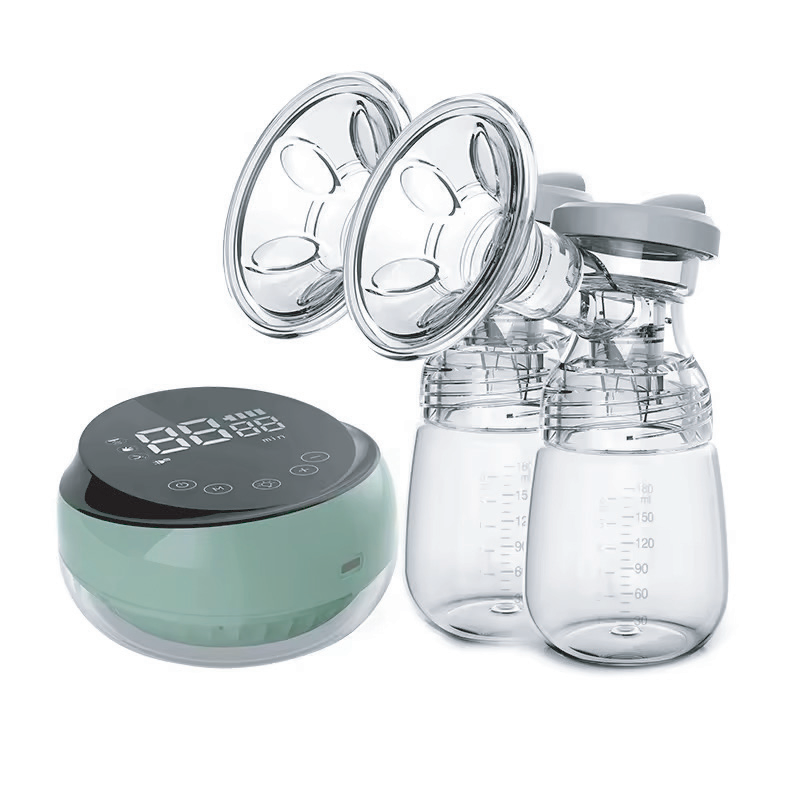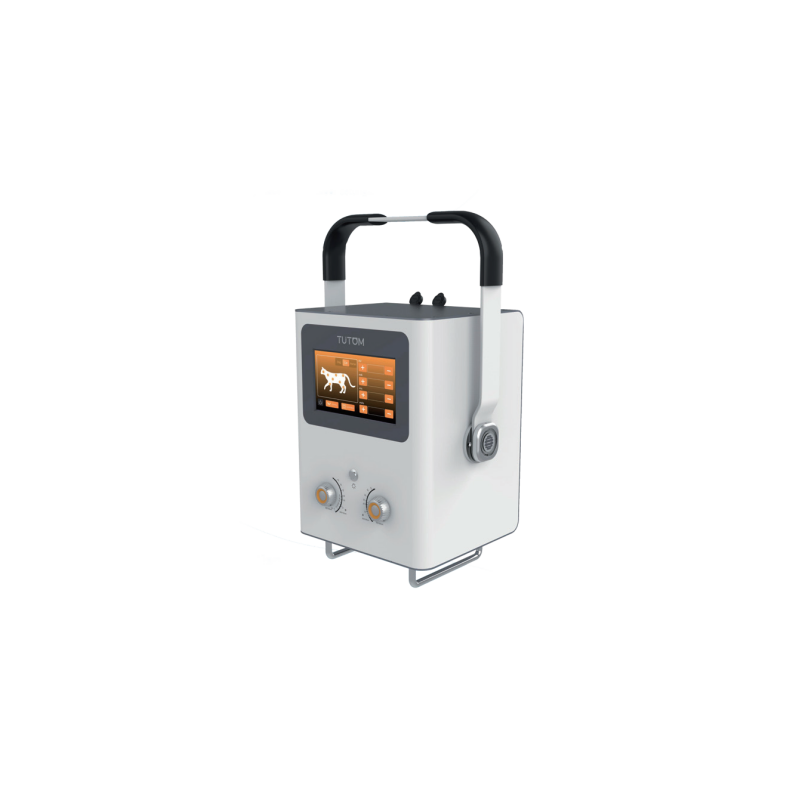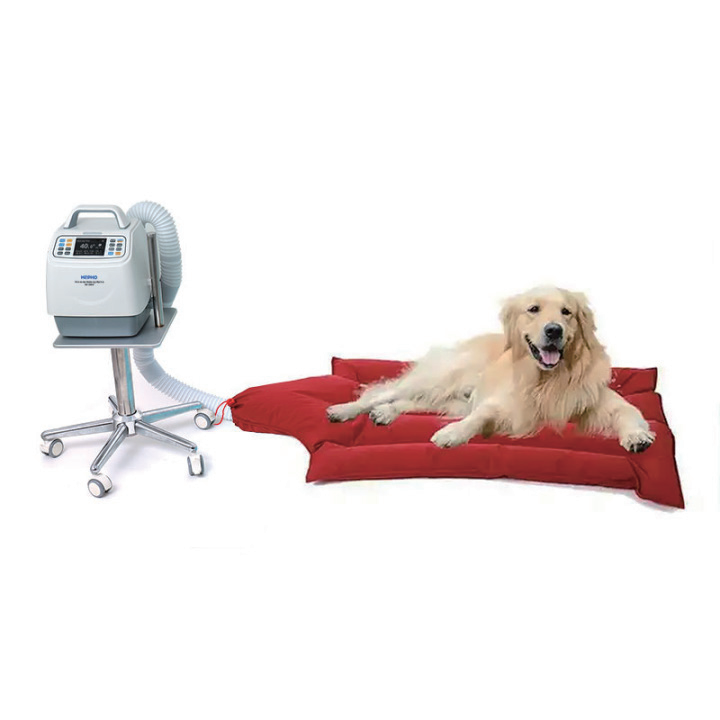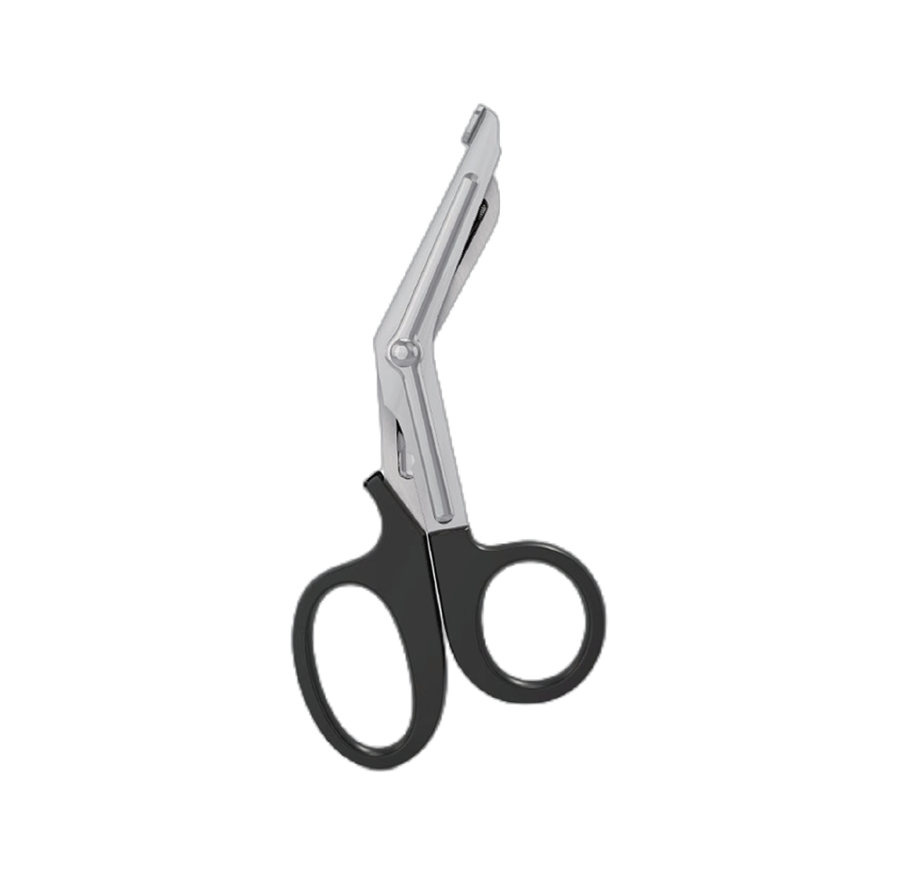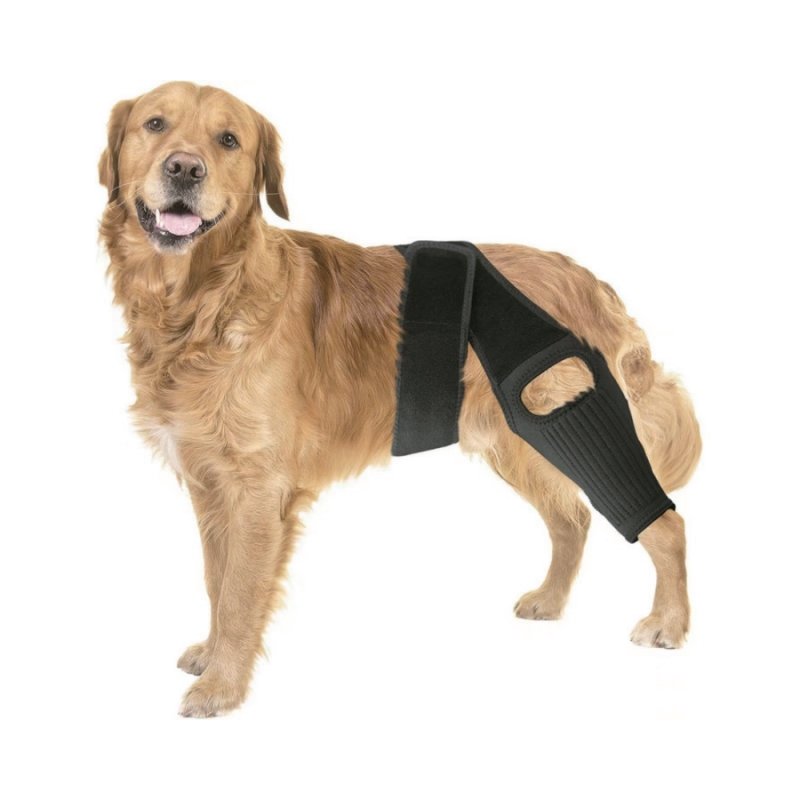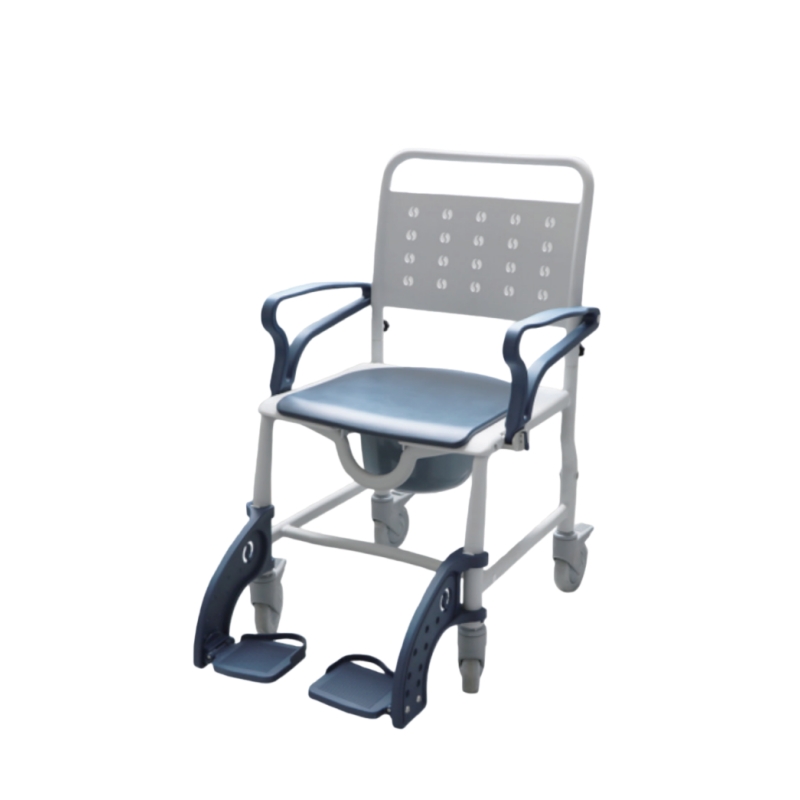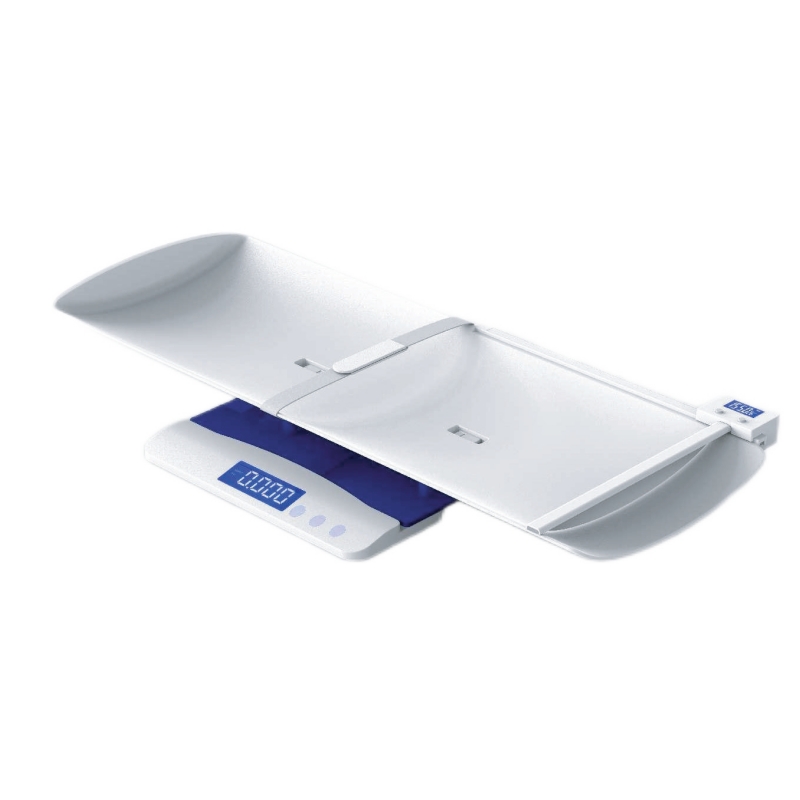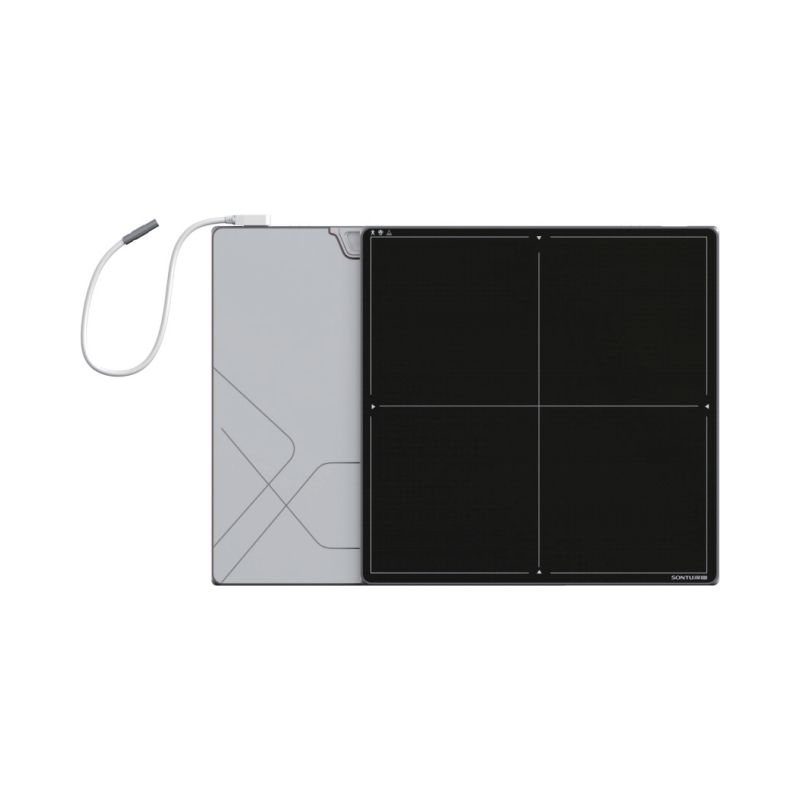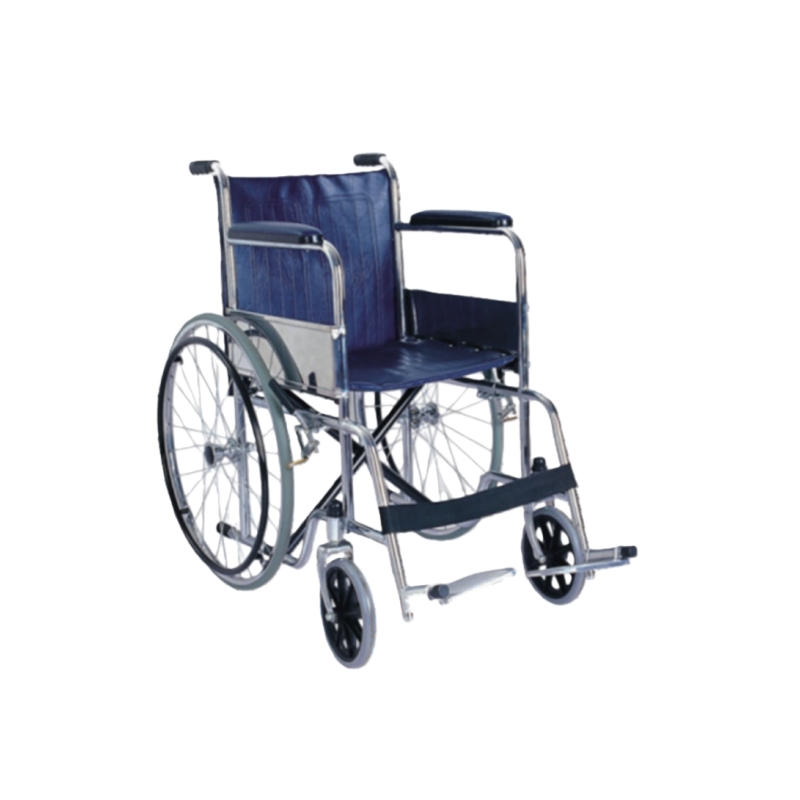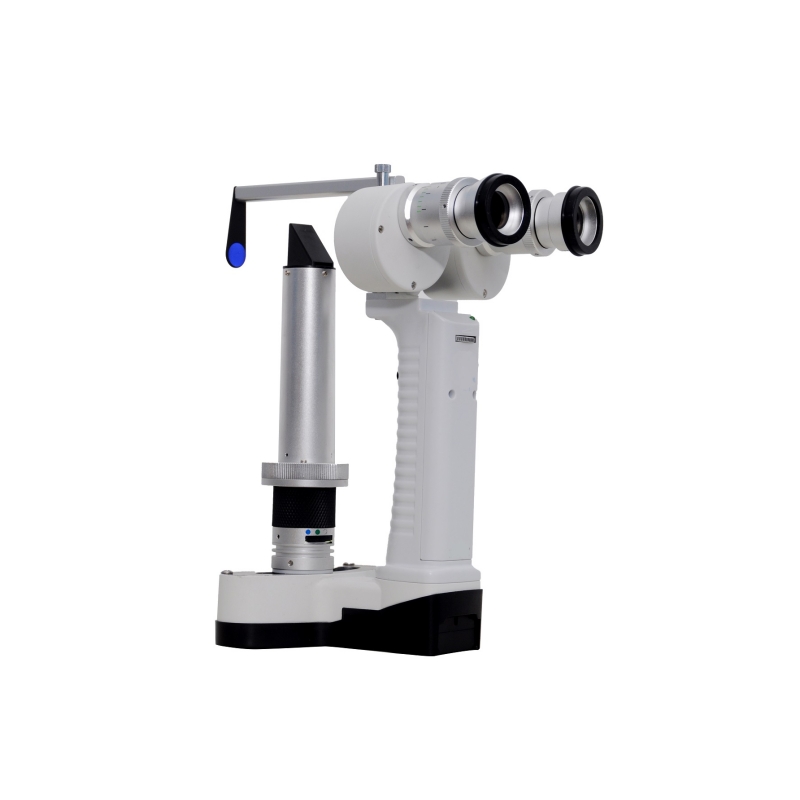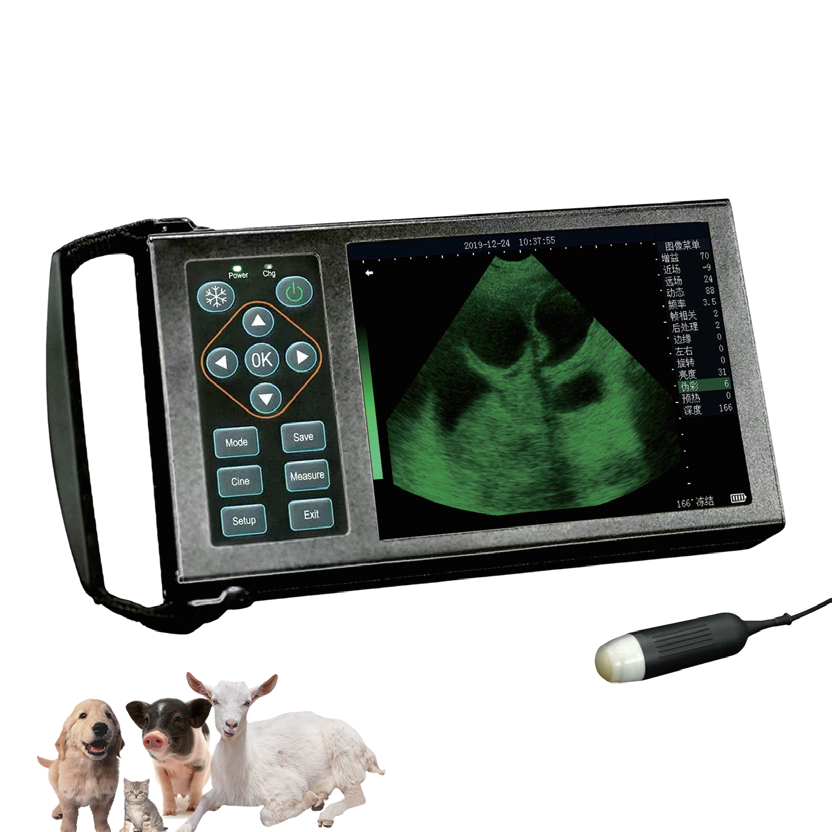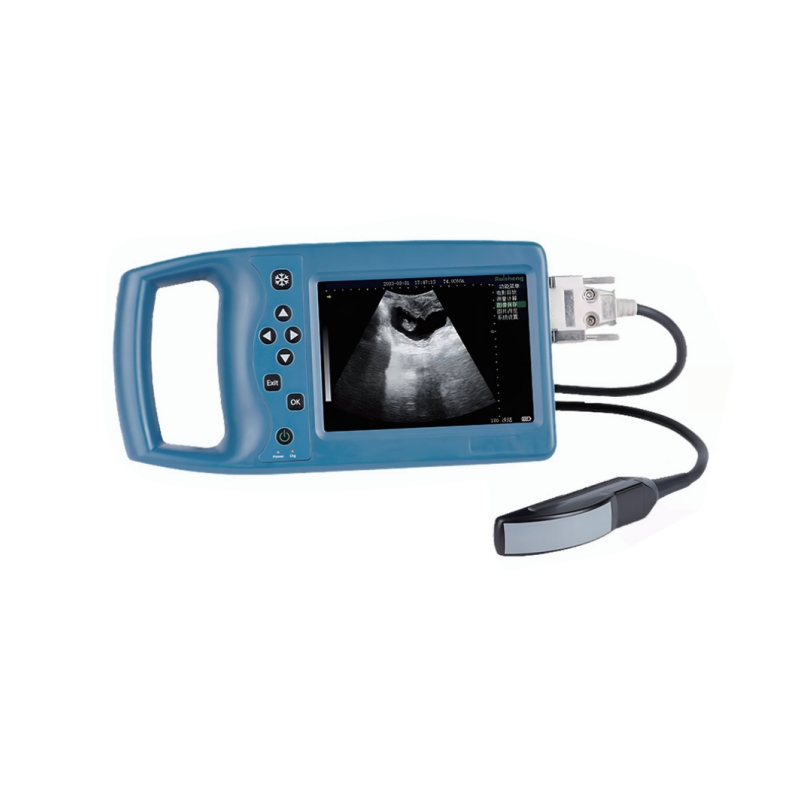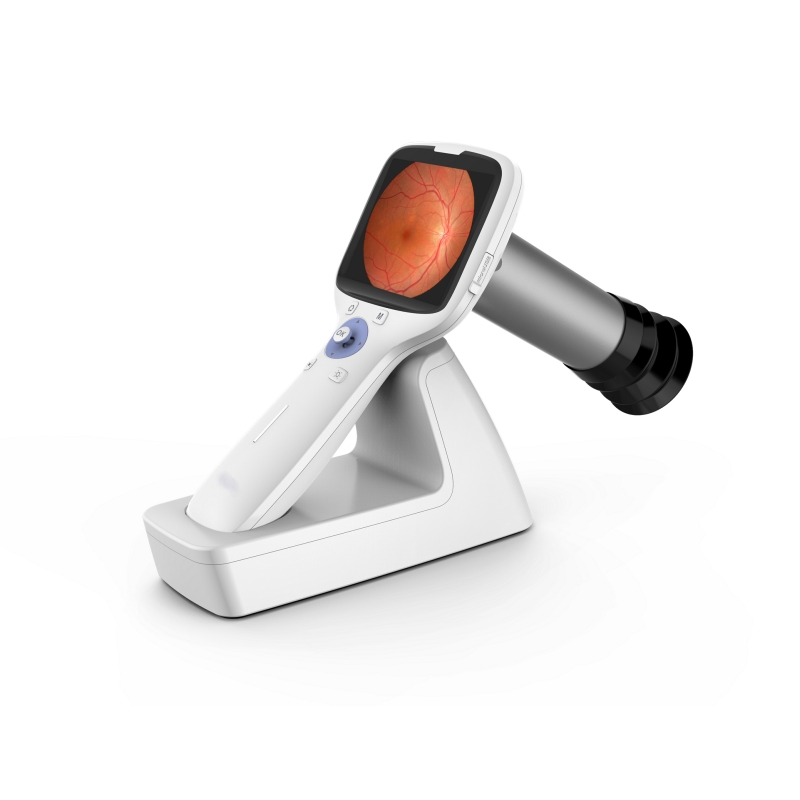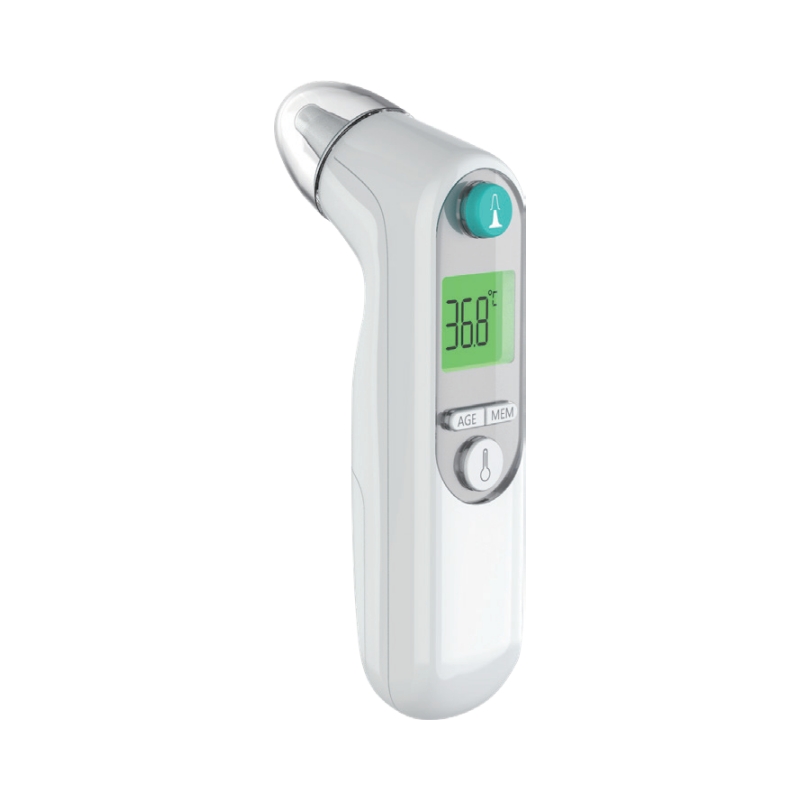A Comparison of Compressor and Handheld Nebulizers
Choosing the right nebulizer can significantly impact the effectiveness and comfort of respiratory treatments.
Compressor nebulizers and handheld nebulizers each offer distinct advantages, depending on patient needs, lifestyle, and treatment frequency.
While compressor models are known for consistent performance in clinical settings, handheld nebulizers appeal for their portability and convenience.
Understanding the differences between these two types is essential for healthcare providers, patients, and caregivers aiming to make informed decisions.
Keep reading to discover which nebulizer is the best choice for you from the perspective of a B2B purchaser!
Why Nebulizers Selection Matters?
•Optimal Medication Delivery: Different nebulizer types (compressor, mesh, ultrasonic) produce aerosol particles of varying sizes. The optimal particle size is crucial for the medication to reach the specific part of the respiratory tract where it's needed (e.g., larger particles for the upper airways, smaller for the lower lungs). The wrong nebulizer might deliver medication inefficiently, reducing its therapeutic effect.
•Treatment Adherence: If a nebulizer is inconvenient to use (e.g., too noisy, too bulky, too slow), a patient is less likely to stick to their prescribed treatment regimen. A portable, quiet, and quick-to-use device can greatly improve adherence, leading to better health outcomes, especially for chronic conditions like asthma or COPD.
•Patient Comfort and Experience: Noise levels, treatment time, and ease of use directly affect the patient's comfort. Children, the elderly, or those sensitive to noise may find certain nebulizers distressing, making treatment a struggle. A comfortable experience encourages consistent use.
•Lifestyle Integration: Your daily routine and travel habits play a significant role. A large, plug-in compressor nebulizer might be fine for home use, but completely impractical for someone who travels frequently. A compact, battery-operated mesh nebulizer would be far more suitable in such cases.
•Cost-Effectiveness and Maintenance: While some nebulizers have a lower initial cost, consider long-term expenses like replacement parts, maintenance, and potential medication wastage due to inefficiency. The "cheaper" option upfront might not always be the most cost-effective in the long run.
•Specific Medical Needs: Some medications might only be compatible with certain types of nebulizers, or their efficacy could be reduced if administered with an unsuitable device. Always consult with a healthcare professional to ensure the nebulizer chosen aligns with your specific medication and condition.
What is Compressor Nebulizer?
A compressor nebulizer is a medical device designed to convert liquid medications into aerosol mist for direct inhalation into the lungs. It uses a piston-driven air compressor to generate powerful airflow, which pushes the medication through a specialized chamber and transforms it into ultra-fine particles (typically less than 5 microns). This ensures deep lung penetration and effective treatment for respiratory conditions such as asthma, COPD, and bronchitis.
What is Handheld Nebulizer?
A handheld nebulizer is a compact, portable device that converts liquid medication into a fine mist using vibrating mesh technology. Unlike traditional compressor models, handheld nebulizers rely on low-frequency vibrations to push medication through a micro-mesh plate, producing aerosol particles suitable for deep lung delivery. Their lightweight design and battery-powered operation make them ideal for on-the-go respiratory care, especially for patients with active lifestyles or limited space.
Key Differences Between Compressor and Handheld Nebulizers
In the respiratory care market, understanding the functional differences between compressor and handheld nebulizers is essential for B2B buyers seeking reliable, scalable solutions. Each type offers unique benefits tailored to specific use cases—from high-volume clinical settings to mobile home care services. By comparing their strengths, procurement teams can make informed decisions that balance performance, cost-efficiency, and patient satisfaction.
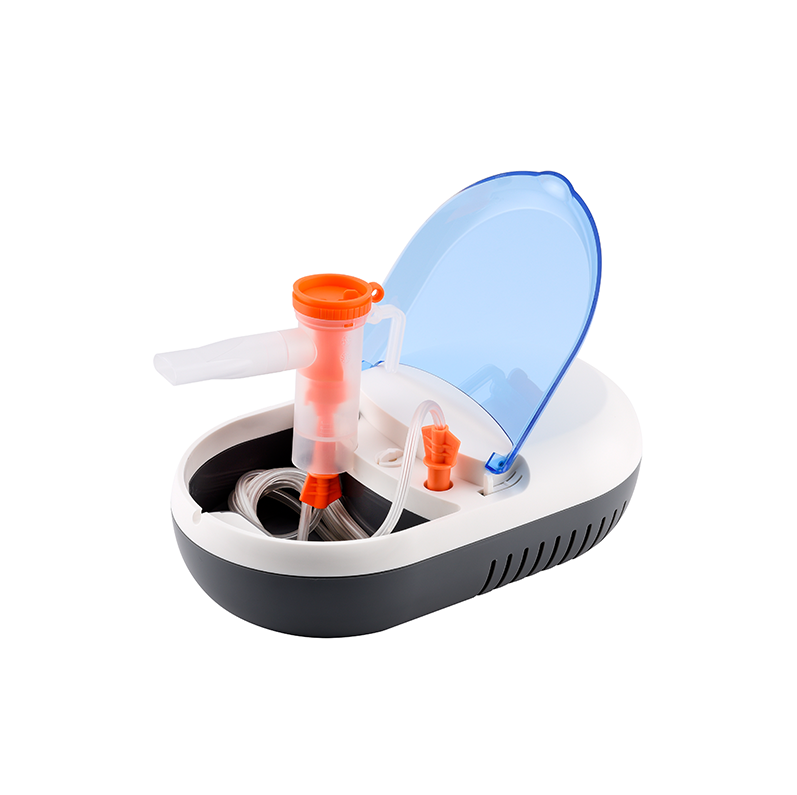
•Advantages of Compressor Nebulizers
1.High Power Output
Delivers consistent aerosol performance, suitable for thick medications and extended treatments.
2.Long-Term Durability
Built for frequent use in hospitals and home care, with robust components and long service life.
3.Stable DC Power Supply
Ensures uninterrupted operation, ideal for clinical environments and high-demand scenarios.
4.Minimal Liquid Residue
Maximizes medication efficiency and reduces waste, improving dosage accuracy.
5.Cost-Effective for Bulk Procurement
Lower upfront cost and proven reliability make it ideal for large-scale purchasing.
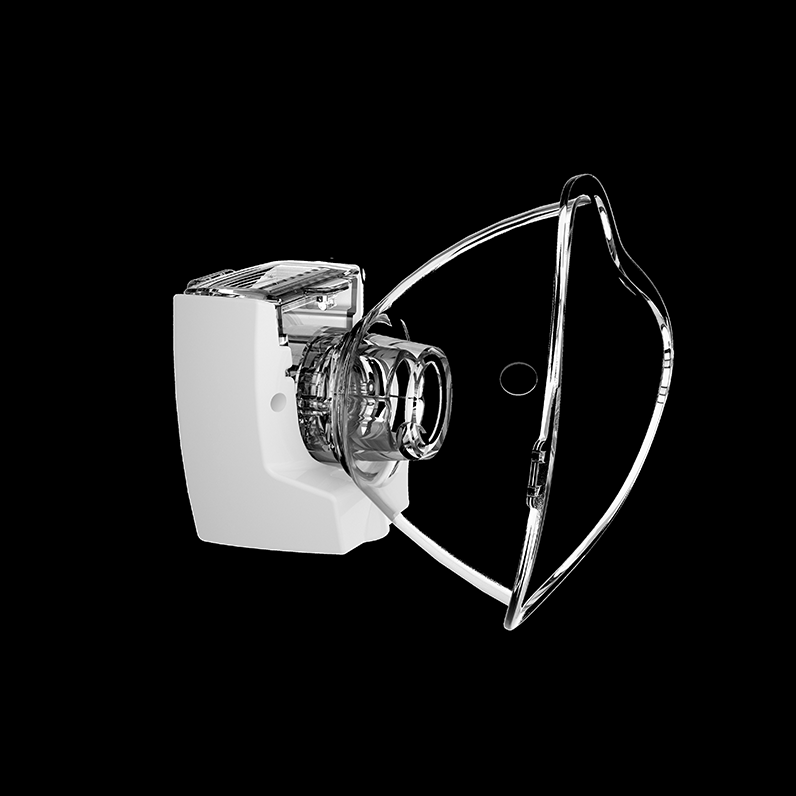 •Advantages of Handheld Nebulizers
•Advantages of Handheld Nebulizers
1.Portability and Convenience
Lightweight and compact, perfect for travel, mobile healthcare, and patient self-management.
2.Silent Operation
Enhances comfort and compliance, especially in pediatric and geriatric care.
3.Rechargeable Battery Power
Offers flexibility in usage without reliance on fixed power sources.
4.Quick Atomization with Mesh Technology
Delivers medication efficiently with reduced treatment time.
5.User-Friendly Design
Easy to clean, assemble, and operate—ideal for home use and retail distribution.
Considerations for Choosing the Right Nebulizers: Compressor or Handheld?
For procurement professionals in the healthcare industry, evaluating the operational strengths of compressor versus handheld nebulizers is key to selecting devices that align with clinical demands, budget goals, and patient-centered outcomes.
- Power & Output
Compressor nebulizers deliver higher pressure (up to 44 PSI) and consistent aerosol output, ideal for thick medications and extended treatments.
Handheld nebulizers use mesh technology with lower pressure but faster atomization, suitable for quick sessions and low-viscosity medications.
- Particle Size & Delivery Efficiency
Compressor models typically produce particles under 5 microns, ensuring deep lung penetration and reliable dosing.
Handheld devices also achieve fine particle sizes but may vary depending on mesh quality and battery performance.
- Medication Capacity
Compressor nebulizers support larger medication cups (6–10 mL), allowing longer or multiple treatments without refilling.
Handheld nebulizers often have smaller reservoirs (4–6 mL), requiring more frequent refills for extended use.
- Power Source & Runtime
Compressor units rely on DC power, offering uninterrupted operation for high-frequency use.
Handheld models are battery-powered or DC powered, offering mobility but limited runtime per charge.
Application Scenario Recommendations
Choosing the right nebulizer depends on the intended use environment, patient demographics, and logistical priorities.
1.Hospital & Clinical Settings
- Recommended: Compressor Nebulizers
- Ideal for high-volume treatments
- Compatible with various medications
- Durable and cost-effective for bulk procurement
2.Home Healthcare & Elderly Care
- Recommended: Compressor Nebulizers
- Stable performance for daily use
- Easy to operate with minimal maintenance
- Suitable for patients requiring frequent therapy
3.Mobile Services & Travel Use
- Recommended: Handheld Nebulizers
- Lightweight and portable
- Battery-powered for flexible operation
- Quiet and discreet, enhancing patient compliance
Choose Kellyunion Nebulizers for Your Healthcare Needs
Whether your organization prioritizes power, portability, or precision, Kellyunion nebulizers offer the reliability and innovation today's healthcare providers demand.
From high-performance DC compressor models designed for continuous hospital use to ultra-compact handheld mesh nebulizers ideal for mobile care, our product range supports diverse patient needs across clinical and home settings.
Backed by proven technology, minimal liquid residue design, and user-friendly features, Kellyunion delivers value-driven solutions tailored for professional buyers.
Make the smart investment—choose Kellyunion for dependable respiratory care that aligns with your operational goals.

 English
English Spanish
Spanish Turkish
Turkish
